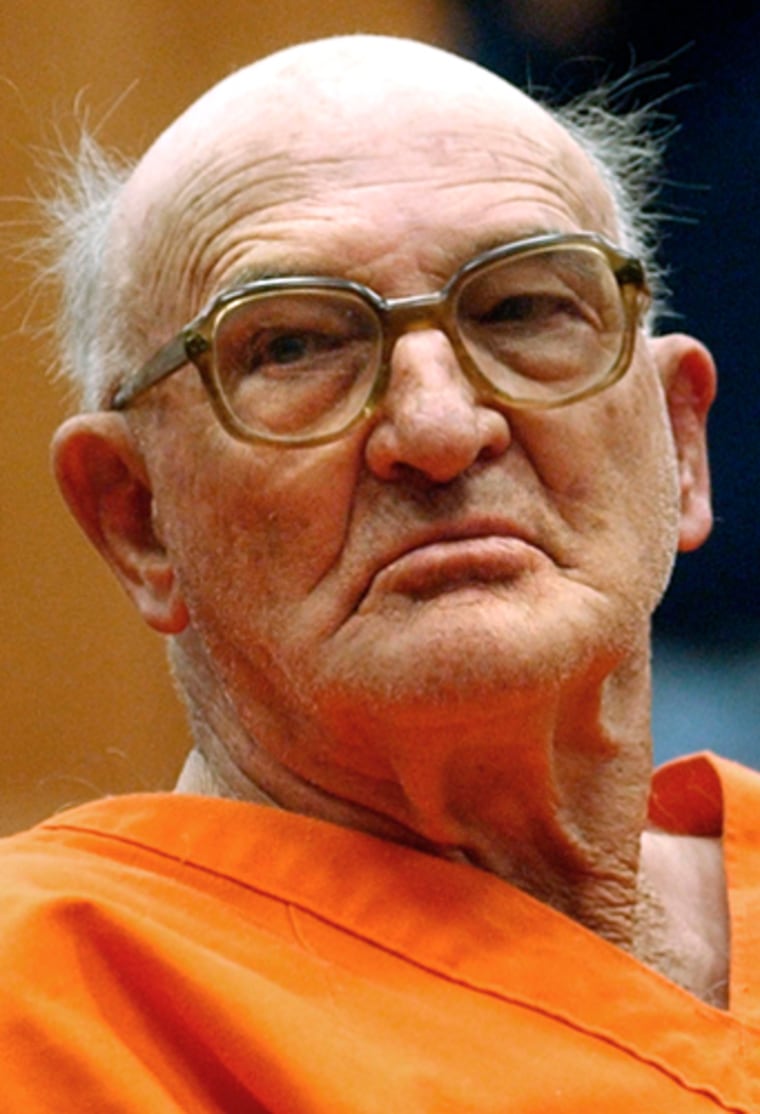The Edgar Ray Killen murder case has reawakened one of the most harrowing chapters of the civil rights era. When the Baptist minister and sawmill operator accused of killing three civil rights workers in June 1964 goes on trial Monday in Philadelphia, Miss., it will prove to some observers that the country is working to put old demons of racism to rest.
But civil rights activists also see disturbing evidence of America's uglier civil rights history repeating itself, citing what had been an intolerance with roots in the South now asserting itself on a national scale.
There were 762 active hate groups in the United States in 2004, up slightly from 751 the year before, according to the Southern Poverty Law Center, for decades a leading civil rights advocacy and legal defense organization.
Marketing hate
The center's Intelligence Project, which monitors hate groups and activities throughout the United States, found that the Stormfront Forum, a leading Internet site run by a former leader of the Ku Klux Klan, reported 46,300 members as of March — more than twice the number only 16 months earlier.
In the continued blossoming of race groups from last year, the project noted, there was “an upsurge in attempts to market white supremacy to the masses,” including Op-Ed pieces, leaflets and billboards. “In St. Louis, one neo-Nazi group even managed to get advertisements put up throughout the subway system," the project reported.
And a Georgia member of the Ku Klux Klan contacted the Neshoba County sheriff months ago to request holding a demonstration during the Killen trial, the Associated Press reported June 11.
For Mark Potok, the director of the Intelligence Project, the Killen trial will be a welcome counterweight — an event to bring some finality, if not full closure, to one of the enduring atrocities of the 1960’s.
‘It's a necessary thing’
“I think these trials are very important, as a matter of democracy,” Potok said. “People need to see — especially in the South — that justice does come around, even if it’s greatly delayed. These trials are a moral imperative, a lot like dealing with the aftermath of apartheid South Africa. It’s a necessary thing.
“We've been through quite a period of re-examining our past, and rightly so.”
Potok, a resident of the South for 16 years, pointed to differences between then and now. “The South today has been mightily changed since the days of the civil rights movement,” he said.
“Southern society was largely based on violence or the threat of violence — it was an undercurrent in almost any situation. It was a really culturally ill society. That’s clearly not true today. The South in 2005 can hardly be compared to the South in 1965. Certainly racism abounds in the South still, but the power structure is not a white supremacist structure anymore.”
Backward steps
But Potok positioned this relatively rosy regional scenario against a grim national backdrop. “I think we've moved backward in many ways. Racism is the original sin of this country, and it very much afflicts us. We're seeing a very definite resegregation, both residential and educational, in this country.
“We're seeing a rise in racial nationalism,” Potok said. “There's a strong neo-Confederate movement that's come up since the mid-’90s — a whole array of groups that seek to revive the principles of the Confederacy — and it’s quite vigorous.”
“They're trying to justify slavery; they defend it as God-ordained. There have been several attempts to start up essentially Southern parties. The League of the South has something approaching 15,000 members.”
One activist's new cause
Dave Dennis, once the Mississippi field secretary for the Congress of Racial Equality, acknowledges changes in American society over the two generations since Freedom Summer.
Dennis has worked since 1992 with the Algebra Project, an education initiative developed with Robert Moses, who organized Freedom Summer with Dennis in 1964. In an upgrade of his activism, he said he’s hopeful that the Algebra Project will engage the public in embracing education as a civil rights issue.
Dennis agrees with Potok’s notion of the country moving in reverse. “The country has, in a sense, turned back,” he said.
“Black people in this country did get the right to vote and the right to sit at lunch counters, but we're still at the bottom of the ladder economically and in terms of education in this country.
Dennis said America didn't make the most of the momentum started during the civil rights movement. “We missed a golden opportunity.”
